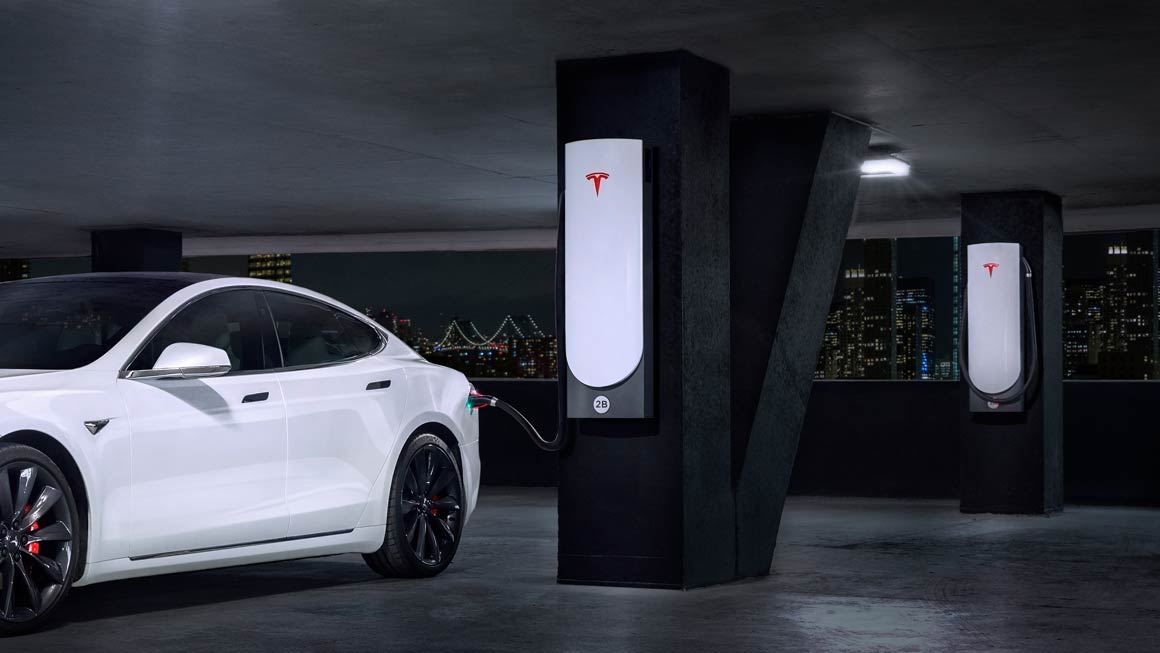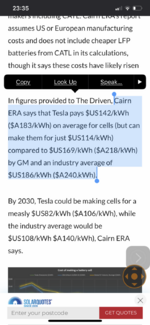I gather here are the items that people prefer in their E-bike battery pack.
- Long cycle life - a guaranteed life of 5 years or 50,000 miles usage before it hits 80% capacity.
- Top tier build quality (connectors, BMS, casing)
- Deep sleep mode that enables safe storage for ~6 months
- Very safe with 2 layers of protection
- A base charge rate of 4A, a fast charge of 7A
- You just plugin and the BMS takes care of everything, none of the 80% charge limit stuff.
- No compromise in the power at low voltage (i.e., very minimal voltage sag)
- Not so proprietary shape
- Supported 8 years (hard to predict technology that far ahead)
Achieving all these is not easy and would certainly incur a premium but it is a very worthy challenge to serve the E-bike community.
This month is a milestone for me. Completing my doctoral dissertation and starting my scientific career that is deeply connected to E-bikes. I turned down a very nice offer from Amazon so I could work on building Zen E-bikes and it would be deeply satisfying if I can serve the E-bike community by offering top-notch batteries and E-bikes.
@Ravi Kempaiah, congratulations on your PhD and turning down Amazon! Looking forward to your future e-bike and battery products!
As it turns out, the end of this month is the 5th anniversary of my Yamaha-powered Haibike. So, taking each item of the list above,
1. My Yamaha battery has lasted 5 years and still has 90-95% capacity. I have about 13,500 miles of usage. No complaints re its longevity.
2. Build quality is top tier, but connectors are proprietary. I cannot, for example, use a Grin Satiator.
3. I do not need a deep sleep mode in San Diego, but agree it should be offered.
4. My battery appears to be very safe. It has never overheated and never feels more than slightly warm to the touch.
5. I do not have a fast charge option and I don't feel I need it. (I would prefer a second battery at reasonable cost).
6. I use a timer to stop charging at more or less 80%. Yes, the BMS should take care of everything.
7. I have noticed that the battery drains much faster once it gets down below 20%. No compromise at low voltage would be very welcome.
8. A standard shape with universal connectors would be welcome.
9. Supported 8 years. Yes! I find that my ebike LBS, SD Fly Rides, is not interested in support very much, unfortunately. I use a non ebike LBS that works on everything except the electrical system. Fortunately, nothing has gone wrong with either the Yamaha motor or battery.
What else? I would like the battery to be smaller, lighter, and cheaper. I just bought a second battery, and it seems prices have gone down maybe only 5% since I bought my Haibike five years ago. That is not progress!
...


